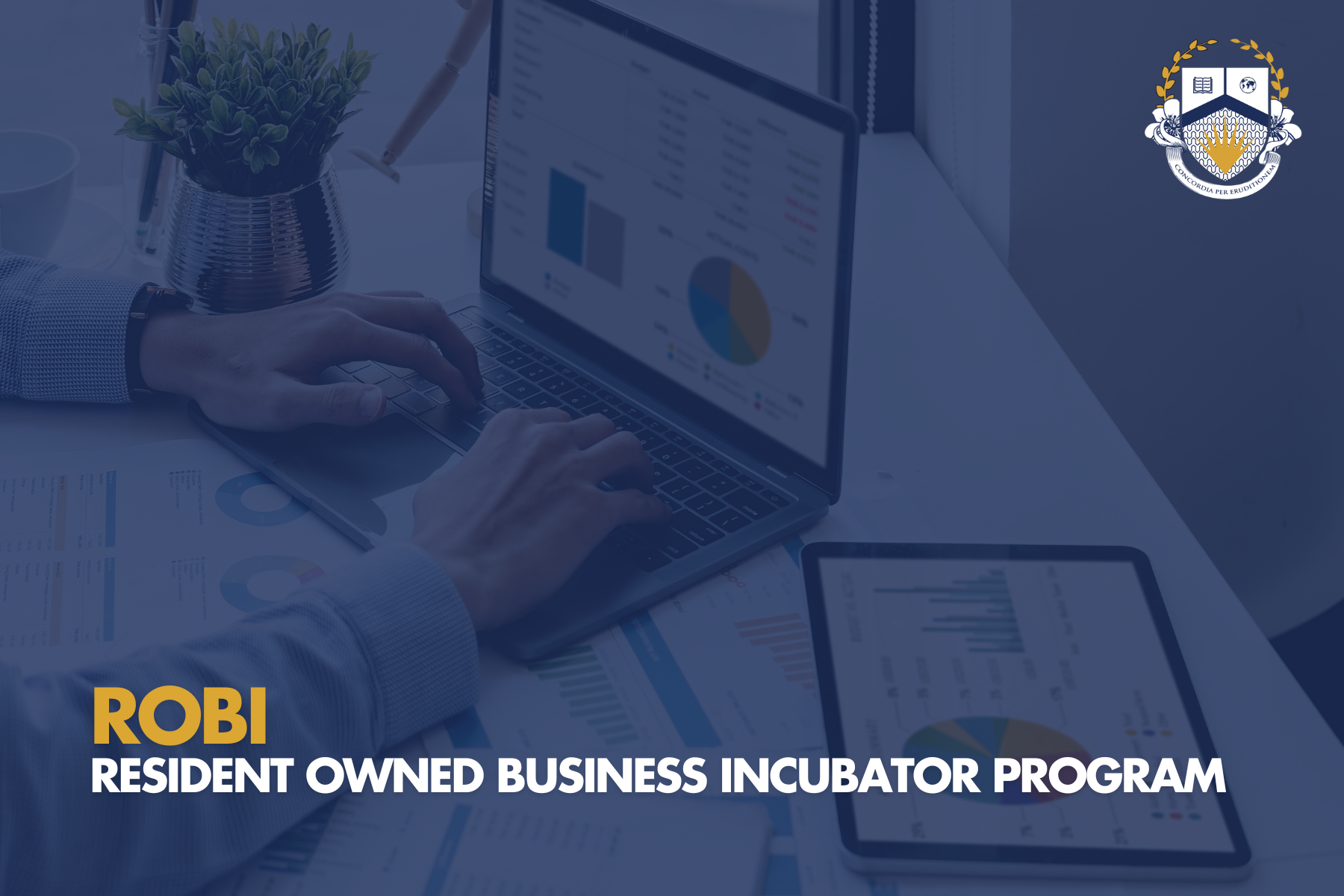




Not Currently Accepting New Students

Not Currently Accepting New Students
MASTER’S PROGRAMS

Earn your graduate degree in a flexible hybrid format that balances online learning with in-person sessions – perfect for working professionals.

Become an ethical business leader adept at solving real-world challenges through teamwork and partnership.







MENTORA COLLEGE ESL PROGRAMS
Study English full-time at Mentora College! Whatever your English level, we have the right course for you!
Study English at Mentora College on a part-time basis! We have flexible classes that fit your schedule and your needs!
Refine your English skills with advanced courses in a variety of interesting academic subjects.
Learn and practice the English and test-taking skills you will need to ace the GMAT, GRE, or TOEFL exams!
Spend your Summer learning English and exploring Washington, D.C.! Three-week programs for students aged 10-17.
OTHER NON-DEGREE PROGRAMS



Not Currently Accepting New Students

Not Currently Accepting New Students

Not Currently Accepting New Students

Not Currently Accepting New Students
Online Application Form
TAKE THE FIRST STEP TOWARDS CRAFTING YOUR STORY!
Contact Our Admissions
Officers Today!
- Personalized Guidance
Our admission officers guide you to the right programs. - Timely Responses
Swift and informative communication for a stress-free admission journey. - Exclusive Insights
Access exclusive updates, events, and opportunities at BAU.